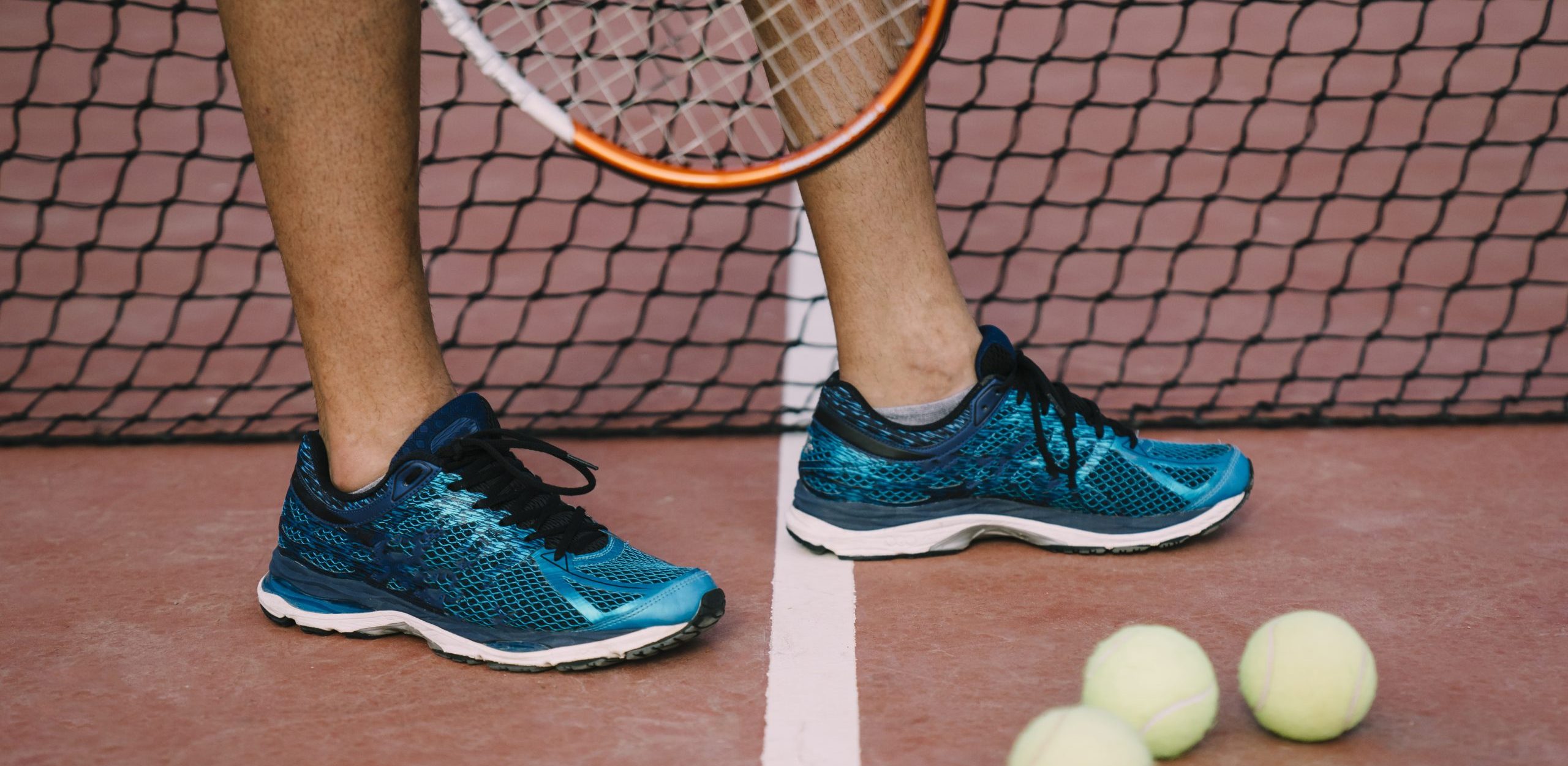
What is a walkover in tennis? This is a question that many people have asked, especially newcomers to the sport. A walkover occurs when one player wins a match without playing a single point. This can happen for a number of reasons, but it is most commonly due to an injury or illness on the part of the other player. In this blog post, we will take a closer look at what causes walkovers and how they are typically resolved.
The Definition of a Walkover
It is when one player wins a match without playing a single point. There are many reasons why this could happen, but the most common is because the other player had to forfeit due to an injury or illness. While it may seem like an easy victory, there are actually some drawbacks to winning a match in this way. For one, you don’t get the opportunity to improve your skills by playing an opponent. Additionally, walkovers can be seen as unsportsmanlike conduct if the other player was forced to forfeit due to something within your control, such as showing up late or not being able to continue because you don’t have the proper equipment.
The History of the Walkover in Tennis
It dates back to the early days of the sport. The first recorded instance of a walkover occurred at a tournament in 1877 when Harry Gem won a match against Augustus Mellor without playing a single point. Mellor had to forfeit the match due to an injury. In the years since there have been several other notable walkovers in tennis history.
One of the most famous walkovers occurred at Wimbledon in 1995, when defending champion Pete Sampras withdrew from his second-round match against British player Paul Hutchins. Sampras was leading the match two sets to one when he suddenly stopped playing, citing a stomach injury. This led to speculation that Sampras had thrown the match, as he had done in a previous Wimbledon tournament. However, Sampras denied these allegations, and Hutchins went on to win the match.
There have been several other notable walkovers at Wimbledon over the years. In 2004, American player Andy Roddick withdrew from his second-round match against British player Felix Mantilla due to an injury. Mantilla went on to reach the quarter-finals of the tournament. In 2009, French player Richard Gasquet withdrew from his second-round match against American player John Isner due to an injury. Isner went on to reach the semi-finals of the tournament.
Walkovers have also occurred at other major tennis tournaments. In 2012, Australian player Bernard Tomic withdrew from his first-round match against German player Florian Mayer at the French Open. Tomic cited a back injury as the reason for his withdrawal. In 2014, American player Madison Keys withdrew from her second-round match against Estonian player Kaia Kanepi at the US Open due to an injury. Kanepi went on to reach the quarter-finals of the tournament.
The Most Common Causes of a Walkover
There are a number of reasons why a walkover might occur. The most common is an injury or illness on the part of one of the players. This can happen before or during a match. If a player is injured and cannot continue, they will forfeit the match. If a player is ill and cannot take to the court, they will also forfeit the match.
Another common cause of a walkover is player misconduct. This can include a number of things, such as showing up late for a match, not being able to continue because you don’t have the proper equipment, or using drugs or alcohol during a match.
How to Avoid a Walkover in Your Next Tennis Match
There are a few things you can do to avoid a walkover in your next tennis match:
- Make sure you are physically and mentally prepared for the match. This means eating and drinking properly, getting enough rest, and warming up before the match.
- Be sure to arrive on time and have all the necessary equipment.
- Be respectful of your opponent and the game itself.
If you follow these tips, you should be able to avoid a walkover in your next tennis match.